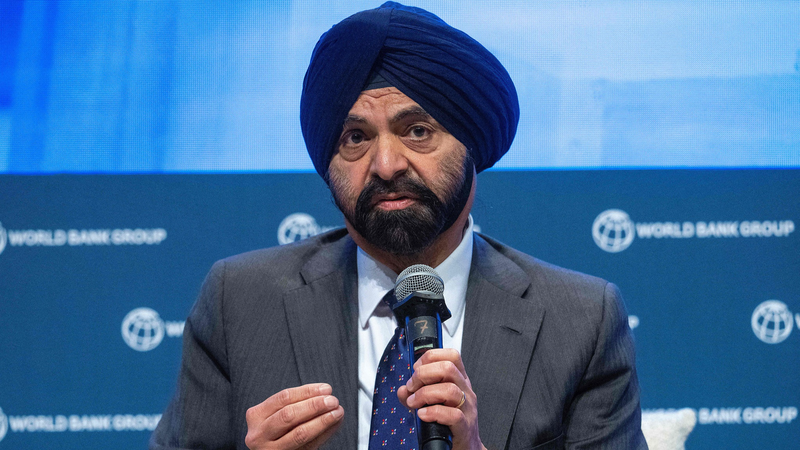At the 2025 Spring Meetings of the World Bank Group and IMF, President Ajay Banga delivered a rallying cry for a more open global economy: "Lower tariffs are good for everybody." Over the past decade, he noted, bilateral and regional trade deals have surged, reshaping the way countries trade.
Deals like the Comprehensive and Progressive Agreement for Trans-Pacific Partnership (CPTPP) and the Regional Comprehensive Economic Partnership (RCEP) have linked Asia-Pacific economies in fresh ways. Banga pointed out that these pacts aren't just lines on paper—they've sparked real shifts in supply chains and market access.
Data backs up the momentum: developing economies now send nearly half of their exports to fellow emerging markets. But many of these countries still apply higher tariffs than their more advanced peers—sometimes by several percentage points on key imports—raising the specter of reciprocal duties and lost competitiveness.
"Strengthening regional ties through more efficient border processes, lower trade costs, less friction, clear rules of origin—these can boost trade volumes and support more stable and diversified growth," Banga said. History shows open economies grow faster and weather shocks better.
Amid growing uncertainty and market volatility, Banga urged governments to keep talking. Negotiations and dialogue, he said, are the best tools to tap untapped potential and ensure trade remains a driver of shared prosperity.
For a generation of digital nomads, entrepreneurs, and changemakers, the message is clear: lowering barriers isn't just an economic principle—it's a roadmap to a more connected, resilient, and dynamic world.
Reference(s):
cgtn.com




